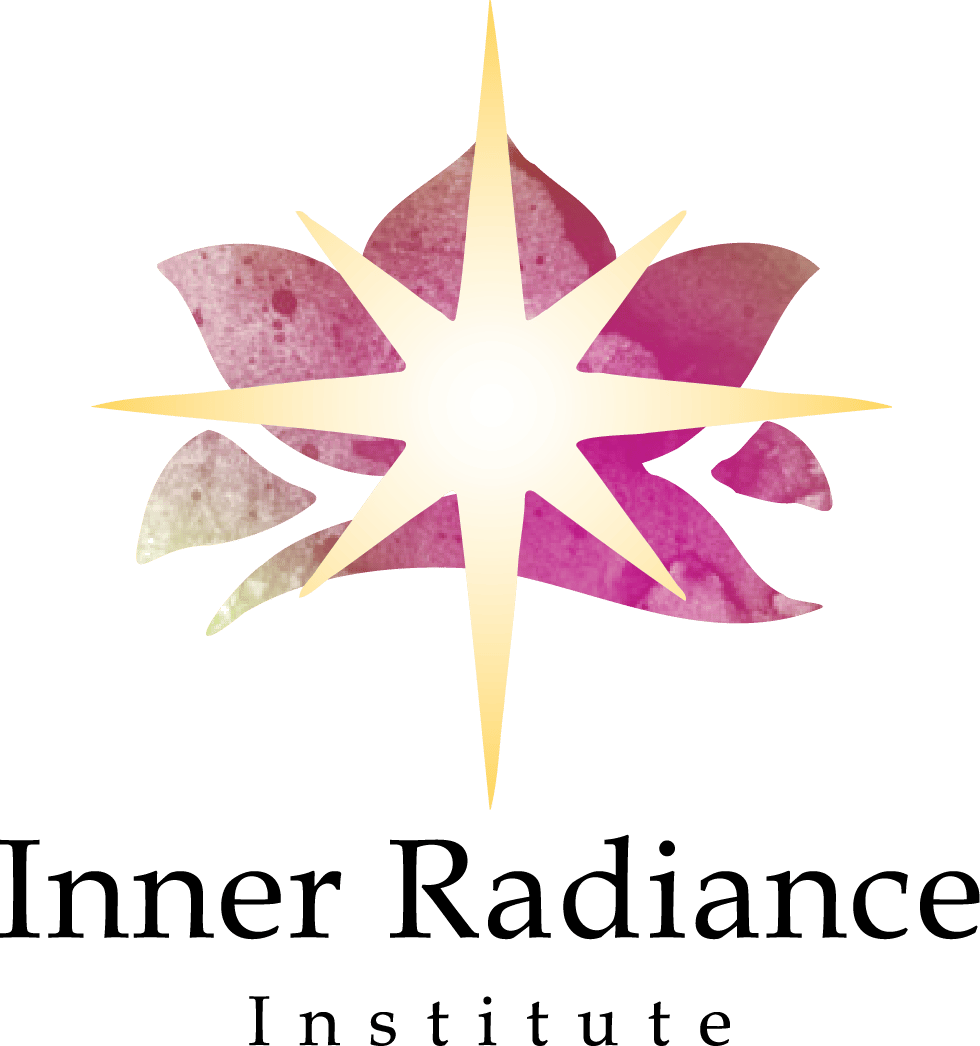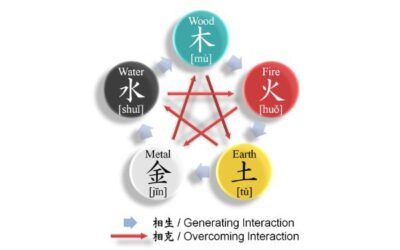The start of Winter in the Chinese system is the beginning of November and falls on November 7th in 2022. This day is called a cross quarter day and represent the midpoint between the Fall Equinox and the Winter Solstice. It is also a time to observe your inner infrastructure and feel the power of the descent into the quiet stillness of the most yin time of year.
Winter is the time of year when the natural world becomes still, cold, and quiet and retreats underground. The energy of plants become dormant and are grounded and stored deep in the earth in the plant’s roots. The sun sets earlier and rises later, leaving us with longer nights, and more time for rest and stillness. The energy of the earth is literally going underground to germinate and restore itself. In Chinese medicine, the element of water is associated with winter and is associated with the kidneys and bladder. The kidneys and water element are the source of our constitutional or inherited energy, literally our energy reserves. I think of the kidneys as our pilot light.
In Chinese medicine, winter is also the most yin time of the year. Yin is the feminine energy, the quiet, dark, internal, nurturing, lubricating, moist, energy, often associated with the earth. This yin transforms to the active, substantial, intensity of the yang, or masculine energy (summer). In order to experience the fullness of richness of summer’s intensity, we need to allow ourselves the stillness and quiet of winter. It is important to remember that we all need regular periods of quiet, as well as activity, be it summer or winter, that winter signals a time to explore these needs in a deeper way than at other points in the year.
Inner World of Winter
There is richness and beauty in the quietude when the plants die back and descend into their roots. The natural world offers a space to support introspection and reflection that feels very womblike and sacred to me. After Winter Solstice we shift to an expanding energy of increasing light and activity. I always experience a deep sadness after this shift from the height of the yin still energy to the expansive yang energy. During Winter I feel the natural world whispering and holding space in the outer world for stillness.
The dark stillness of Winter is not always synonymous with inner peace. In Chinese medicine it represents the depths of the water element, the unknown, the beginning of the birth cycle when the water breaks and labor intensifies. There is profound wisdom and peace available to us for being willing to descend into the darkness and stillness and face the parts of ourselves that remain hidden and are easy to avoid during times of activity. A wide range of emotions, like anger, grief, abandonment, rejection, betrayal can surface that are parts of ourselves asking and needing acknowledgment and attunement. The womblike space of quietude is an expansive place that can hold and contain it all and does not require a solution, only presence and receptivity and allowing.
This time of Winter teaches us to observe and ask simple questions. Can I sit in quiet and stillness? Am I avoiding or distracting myself with people, food, technology, work, etc to avoid that place of quiet and stillness. Am I starved for quiet and stillness because I have been pushing through? Observe without judgement but with the curiosity of an explorer on a quest for gold.
In the words of Rumi, “Silence is the root of everything. If you spiral into its void a hundred voices will thunder messages you long to hear.”
This stillness is always available to us, Winter simply amplifies it and gives us the opportunity to have it mirrored back in the outer world. If the journey into that quiet place brings emotions that overwhelm you, always remember you can ask for a guide to hold a light and space for you to help you feel and make sense of things.
Taking Care of Ourselves During Winter
Here are some tips for harmonizing winter’s energy:
- Eat deeply nourishing foods, like soups and stews, being sure to get enough protein. A popular Chinese soup are bone marrow soups, in which the soup is cooked with a cracked bone to add in the deep nourishment of the bone. Vegetarians need to make a special point to get adequate protein by eating beans and whole grains, and making sure to cook vegetables. Vegetables such as peas , greens, sweet potatoes, winter squash, and any root vegetables.
- Use spices to warm up the energy of a dish and aid in digestion. Spices like garlic, onions, cinnamon, ginger, cardamon, nutmeg, and fennel are all good choices.
- Get plenty of sleep and rest during this time of year – take advantage of the longer hours of darkness and get enough sleep each night. In Chinese medicine, the wisdom in winter is to go to bed early and rise late.
- Take time for quiet, stillness, introspection and reflection, as you will be richly supported during the winter as you undertake these practices.
- Dress warmly, making sure to cover the lower back (the area over the kidneys) and the back of the neck (wearing scarves). Chinese medicine teaches that the external wind responsible for colds, flus, and infections enters by a point on the back of the neck known as the wind gate so it is best to cover and protect this area of the body during the colder months.
- Use herbs that are warming and tonifying, such as lycii berries, angelica sinensis (dang gui), astragalus, ashwaganda, ginger, cinnamon, and garlic are examples of this type of herb. Herbs that help build and maintain the blood and Qi are especially beneficial (astragalus, dong quai, lycii berries), as well as herbs that strengthen digestion (ginger, ginseng, fennel, cardamom). These herbs are great to cook with or to make hot teas with and will help preserve the body’s reserves of blood and Qi through the cold winter months.
- Smile and imagine your smile is radiant spotlight or love and appreciation shining directly to every cell in your physical, emotional, and spiritual kidneys. Imagine your kidneys are filled with and radiating wisdom, a sense of gentleness, and stillness.






0 Comments